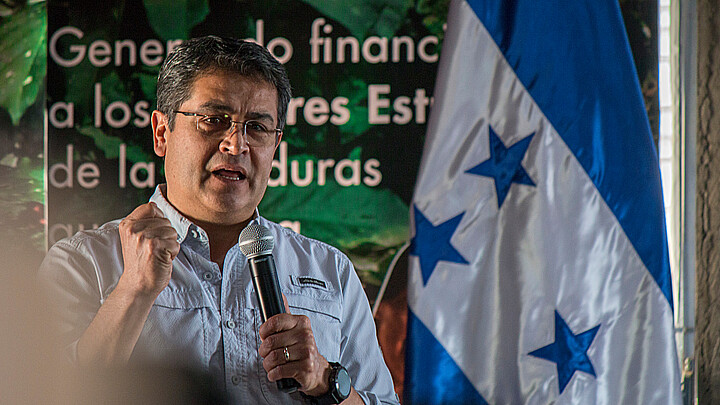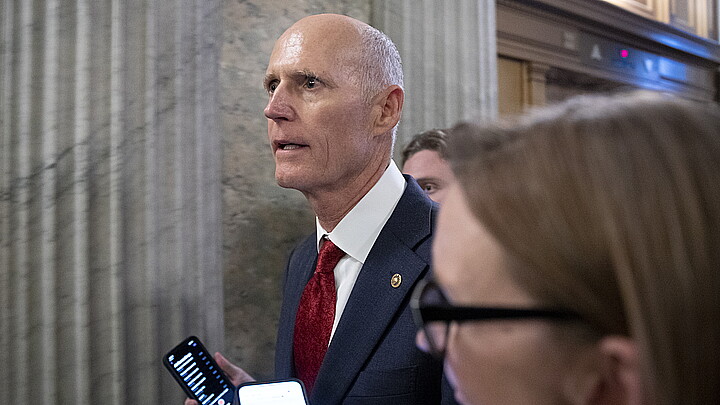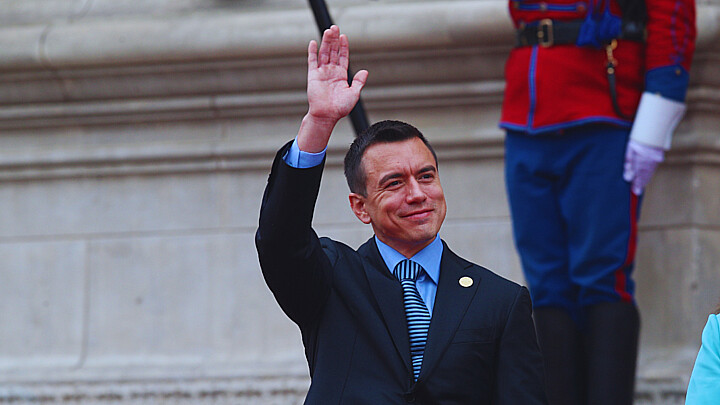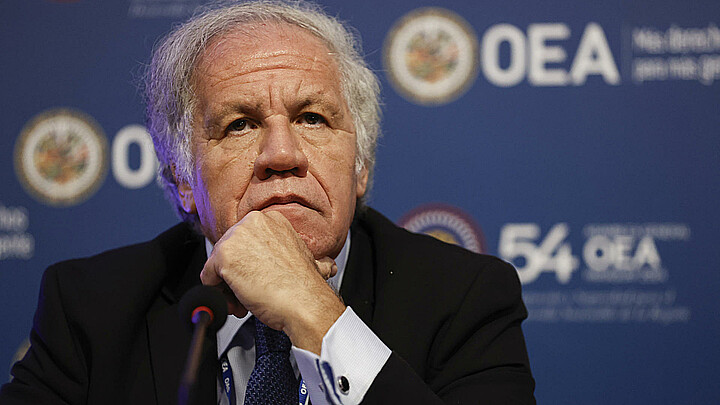Politics
Bukele's "Bitcoin City" is another step towards totalitarianism in El Salvador, experts warn
November 22, 2021 1:33pm
Updated: November 22, 2021 2:41pm
El Salvador President Nayib Bukele announced on Saturday that his government will utilize a bond offering to build a seaside “Bitcoin City” at the base of the Conchagua volcano, NBC reported.
When unveiling his vision for the world’s first crypto-city, Bukele remarked that the city would be built with foreign investors in mind.
The only tax collected will be a value-added tax and there would be residential areas, malls, restaurants and a port, he said. He also expressed plans for digitized education, technology and public transportation.
“Invest here and earn all the money you want,” Bukele said at the closing of the Latin American Bitcoin and Blockchain Conference being held in El Salvador.
Bitcoin was made legal tender alongside the U.S. dollar in September.
But according to Steve Hanke, Cato Institute senior fellow and director of the troubled currencies project, Bukele’s legal courtship of Bitcoin “is unnecessary, fanciful, and highly unpopular.”
The government, however, is trying to incentivize its citizens to adopt Bitcoin, offering $30 in credits to those using its digital wallet. So far, the government has pledged to back the crypto-project with a $150 million fund.
But critics also fear that crypto’s lack of transparency could attract increased criminal activity and that Bitcoin’s volatility could pose a risk to those holding it.
El Salvador dollarized in 2001, abandoning its national currency after years of rampant inflation. Since then, El Salvador’s average annual inflation rate of 2.03 percent has been the lowest in Latin America. GDP per capita growth and export growth are also among the highest in Latin America.
“Why introduce an untested idea into a monetary system that is working well?” Hanke ponders. “It’s just one piece in Bukele’s broader scheme to obtain absolute power. The path Bukele is marking with his words and deeds passes through all the stages used by populist leaders on their way to the establishment of totalitarian regimes.”
Although many free-marketeers and libertarians are excited by the prospect of a Bitcoin city, Hanke notes that Article 7 of El Salvador’s Bitcoin legalization law doesn’t render Bitcoin as legal tender, but rather “forced tender.”
“If an El Salvadoran offers a merchant or financial institution Bitcoin, it must be accepted,” Hanke notes. “Forced‐tender laws like Article 175 of the Soviet Union’s civil code are a communist staple and are also common during military occupations.”
According to a poll by El Salvador’s Central American University’s Institute of Public Opinion, over 95 percent of Salvadorans don’t want to be forced to use Bitcoin.
Earlier this year, voters gave Bukele’s party control of the congress and the new legislators were quick to replace members of the constitutional chamber of the Supreme Court and the attorney general, effectively handing control of the government to the president and his party.
In response, the U.S. has said that it will shift aid away from the government, opting instead to support civil society organizations.
Bukele fired back by sending a proposal to congress that would require organizations receiving foreign funding to register as foreign agents.










